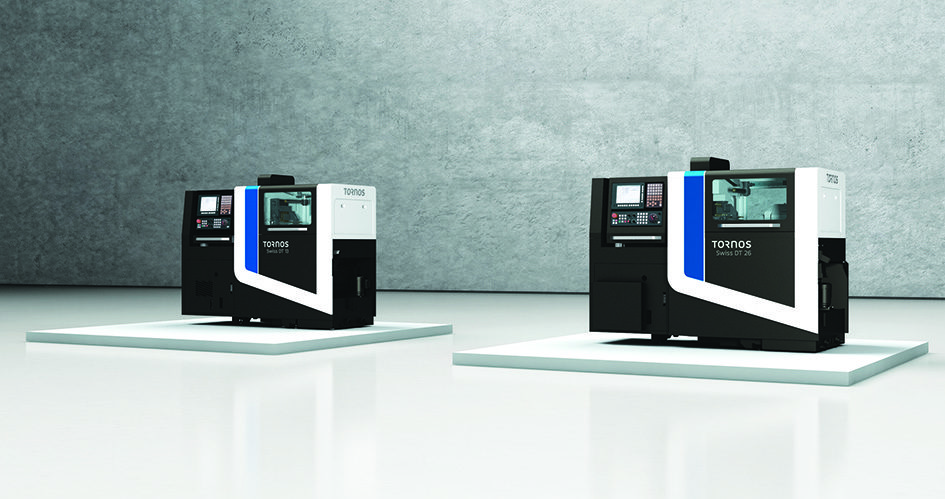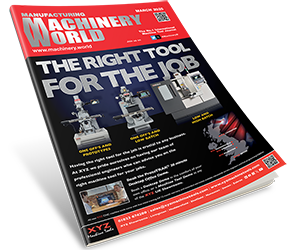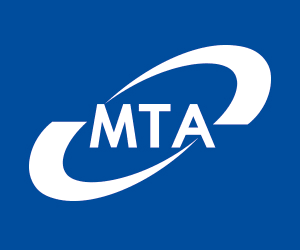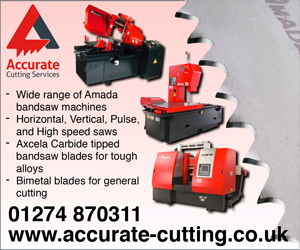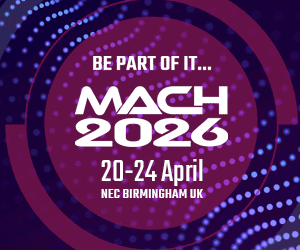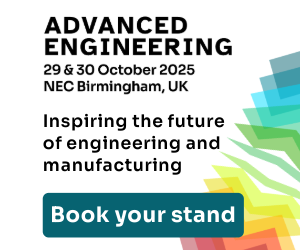For some time now, magnesium has increasingly found its way into medical technology. This material has better mechanical properties than polymers; it is porous and bio-absorbable and thus avoids a physically demanding follow-up operation. However, the machining of magnesium requires maximum expertise, both by the user and by the machine manufacturer.
Tornos is a pioneer in magnesium machining and with regards to the manufacture of medical components from magnesium; the company has an expertise that is unique on a global scale. Here, the applications range from the generation of bone tissue to the dental and orthopedic areas through to cardiovascular uses. Therefore, the German social accident insurance institution for the metal range now places high demands on manufacturers that process magnesium.
The user has to make sure that only suitable machines are used for machining with geometrically defined cutting insert. The kind of manufacturing, the machining processes (dry or wet machining) and chip removal must all be intrinsically matched. The machining parameters should be chosen in a way to make sure the risk of ignition and dust formation are largely avoided. Machining parameters such as insert geometry, tool sharpness, cutting speed, feed-rate and cooling must all be scrutinised. Besides theselection of the optimum machining parameters with regard to the generation of heat, the arrangement of nozzles for coolant supply and the quantity of cooling lubricant supplied are also essential.

Although magnesium can be machined with relative ease, it has a very annoying property. Magnesium dust and chips are highly flammable. Under certain circumstances, they can even be self-igniting. The smaller the particle size, the larger the corroding surface for atmospheric oxygen – this is the reason why magnesium dust is explosive when it reaches a certain concentration in the air.
Meeting specific challenges
For many years now, Tornos has been engaged in overcoming this problem and has gained an almost unique knowledge in the field of magnesium machining. For such applications, the experts in Moutier and Pforzheim (Germany) collaborate very closely with the specific customer and develop tailor-made solutions. When doing so, engineers are often faced with unknown customer-specific alloys as well as with short bars of low quality. Depending on the alloy, different chips can be expected. In this case, the integrated chip breakage cycles prove themselves. The particular kinematic system of the machines permits low cutting speeds with less generation of heat. In medical technology, the penetration of coolant into the material is not allowed and the workpieces are usually dry machined.
The Tornos product range comprises Swiss-type lathes specifically designed for dry machining that require only a few adaptations. In general, only the coolant lines are removed. These are replaced by pneumatic cooling nozzles. If machines are equipped with a specific chip extraction system and a bar feeder with fire extinguishing system, the machines are well prepared for the machining of magnesium. With its automatic lathes, Tornos offers all-in-one solutions including various peripherals and tool systems for the efficient and highly productive manufacture of high-quality components made of magnesium. Based on standard machines, the machining process is individually optimised for each customer.


